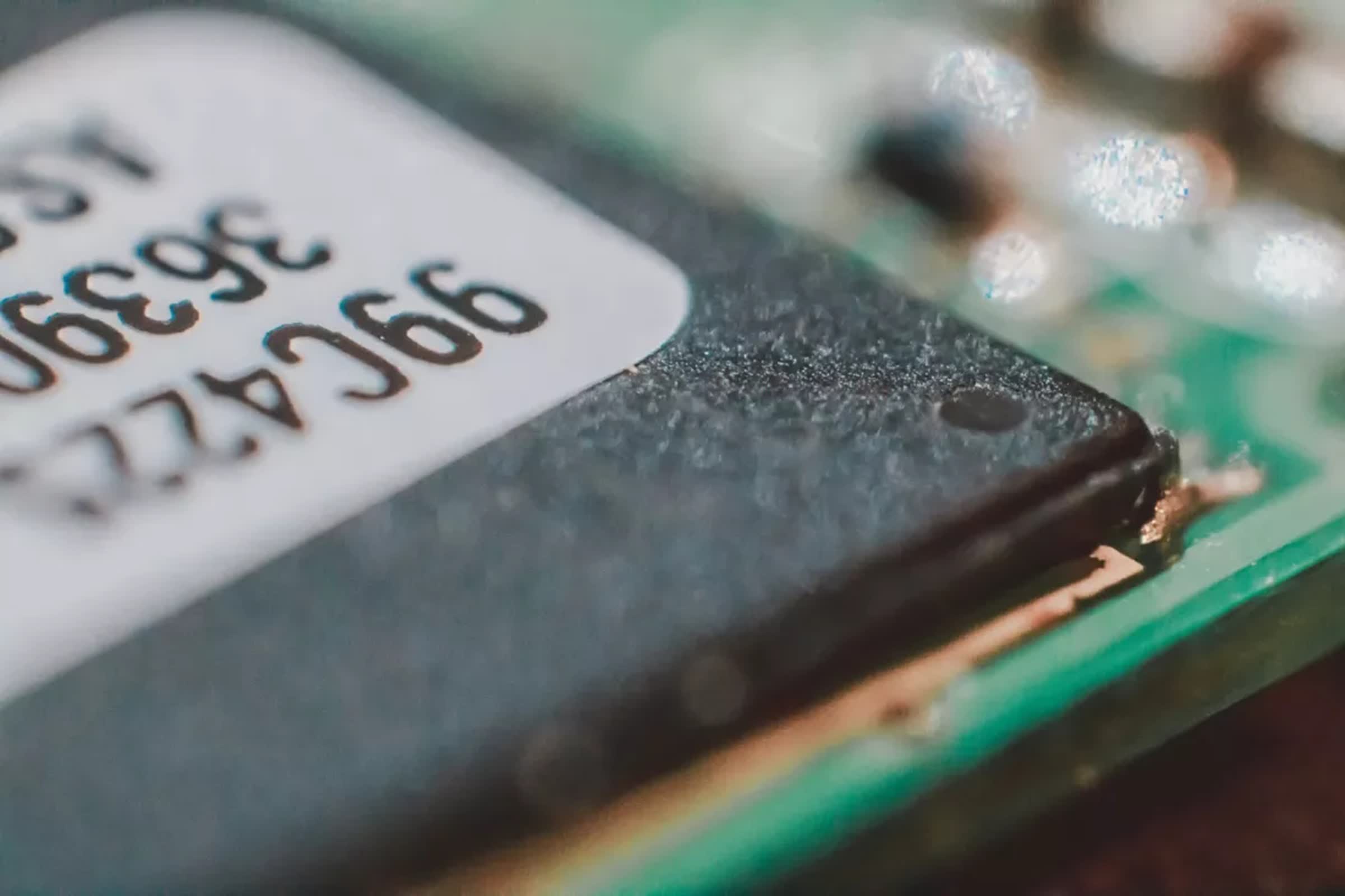What just happened? Intel and SK hynix have finalized an $8.85 billion deal that transfers Intel's NAND flash memory business to the South Korean semiconductor giant, marking the completion of a multi-year transaction that began in 2020. The final phase of the acquisition concluded with SK hynix making a $1.9 billion payment to Intel.

This final installment secured critical assets – including intellectual property, research and development resources, and key personnel – enabling SK hynix to fully integrate the NAND business and Solidigm, its subsidiary formed from Intel's SSD operations.
The acquisition unfolded in two phases over several years. The first phase, completed in December 2021, saw SK hynix acquire Intel's SSD business and its NAND manufacturing facility in Dalian, China, for $6.61 billion. This phase also included the rebranding of Intel's enterprise SSD business under the name Solidigm, which continued operating as a standalone entity under SK hynix's ownership.
However, the initial transaction excluded essential components such as Intel's NAND-related intellectual property, R&D infrastructure, and technical workforce. These elements remained under Intel's control during a transitional period, limiting Solidigm's ability to collaborate fully with SK hynix on technology development and product innovation.

The second and final phase of the deal, which closed on March 27, 2025, according to a regulatory filing, addressed these gaps. With the latest $1.9 billion payment, SK hynix acquired Intel's proprietary NAND IP and absorbed its R&D team and technical staff. This move grants Solidigm complete operational independence and allows for seamless integration with SK hynix's existing operations. The unification is expected to enhance the development of next-generation storage products.
Intel described the transaction as a strategic decision to realign its business priorities. The sale reflects Intel's broader pivot away from the increasingly commoditized NAND market, which has faced declining prices and profitability in recent years. Instead, Intel plans to focus on higher-growth areas such as artificial intelligence chips and advanced semiconductor manufacturing.
For SK hynix, the acquisition marks a significant expansion of its footprint in the global NAND market. By integrating Solidigm into its operations, SK hynix gains access to advanced floating gate NAND flash technology – a hallmark of Intel's legacy – and an established position in the enterprise SSD sector.

This positions SK hynix as a stronger competitor against industry leaders such as Samsung Electronics, which holds over 30% of the global NAND market. With an estimated combined market share of over 20%, SK hynix is now firmly established as one of the world's largest NAND memory manufacturers.
However, challenges lie ahead as SK hynix navigates technological differences between its existing operations and those inherited from Intel. While SK hynix specializes in charge trap flash (CTF) technology, Solidigm continues to produce high-endurance SSDs based on Intel's floating gate NAND technology. This dual-technology approach may require maintaining separate production lines in the short term to leverage the unique strengths of each process. In the long term, however, SK hynix may seek to consolidate around a unified manufacturing process to reduce complexity and streamline operations.
The conclusion of this transaction also ends the agreement under which Intel had been producing NAND wafers at SK hynix's Dalian facility during the transitional period. With full operational control now transferred, both companies are free to pursue their respective strategic goals without lingering contractual obligations.
SK hynix finalizes acquisition of Intel's NAND business, takes full control of Solidigm